
Read or listen offline
Amazon KindleRecommendation
Many advanced economies are confronting growing levels of sovereign debt: Gross debt-to-GDP ratios are surpassing 80% and in some cases exceeding 100%: Japan’s figure stands at nearly 250%. Professor Marek Dabrowski dissects the developed world’s current public borrowing and its implications for future growth. He posits that, without sizable fiscal reforms, advanced nations will face serious constraints on discretionary spending, as well as the specter of financial contagion if another economic crisis should unfold. getAbstract recommends his authoritative, sobering report to executives, officials and investors interested in understanding debt’s impacts on developed economies.
Summary
About the Author
Marek Dabrowski is a nonresident scholar at Bruegel, a European think tank.








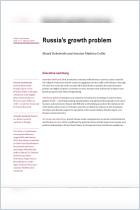

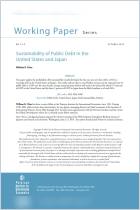

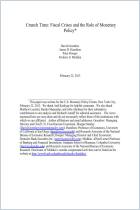
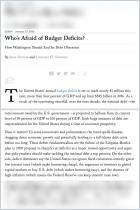
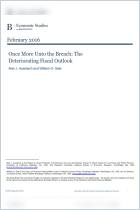



Comment on this summary